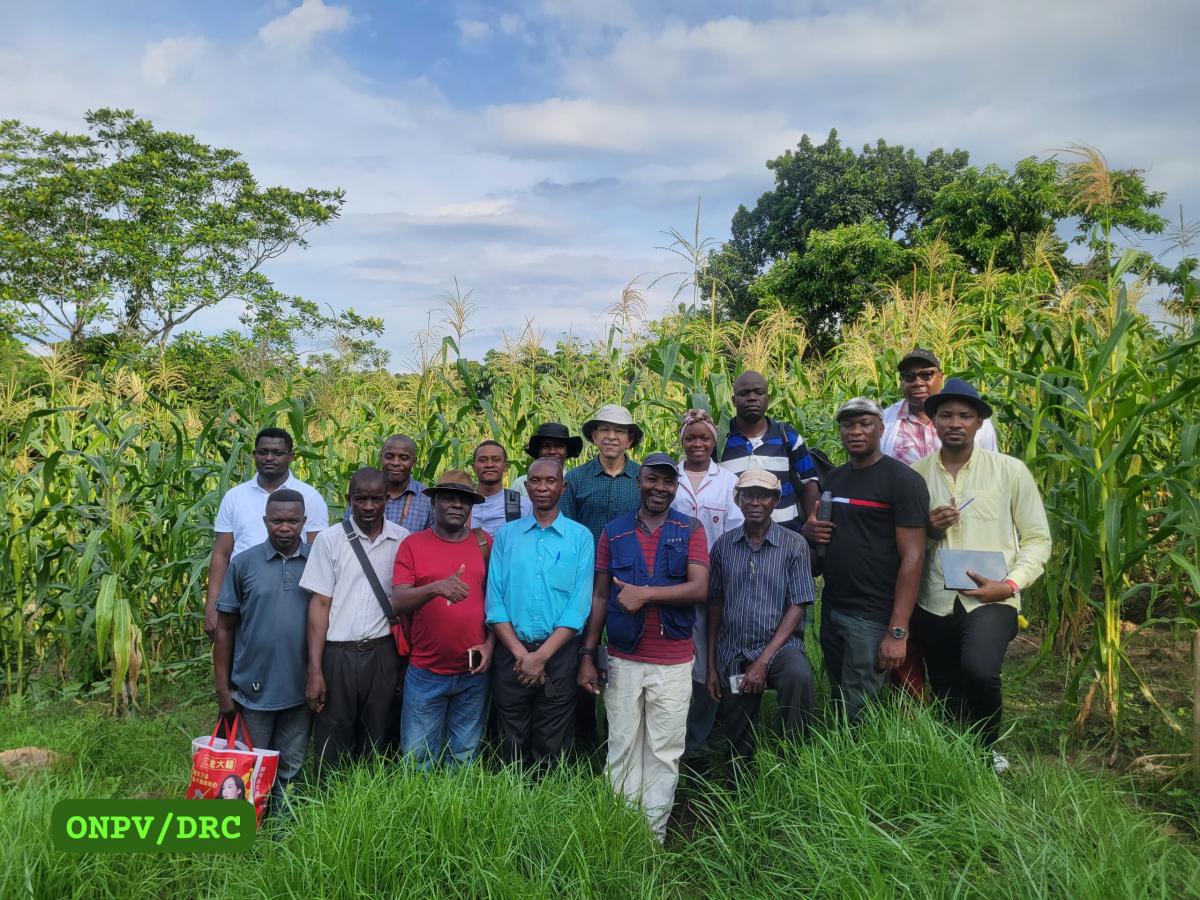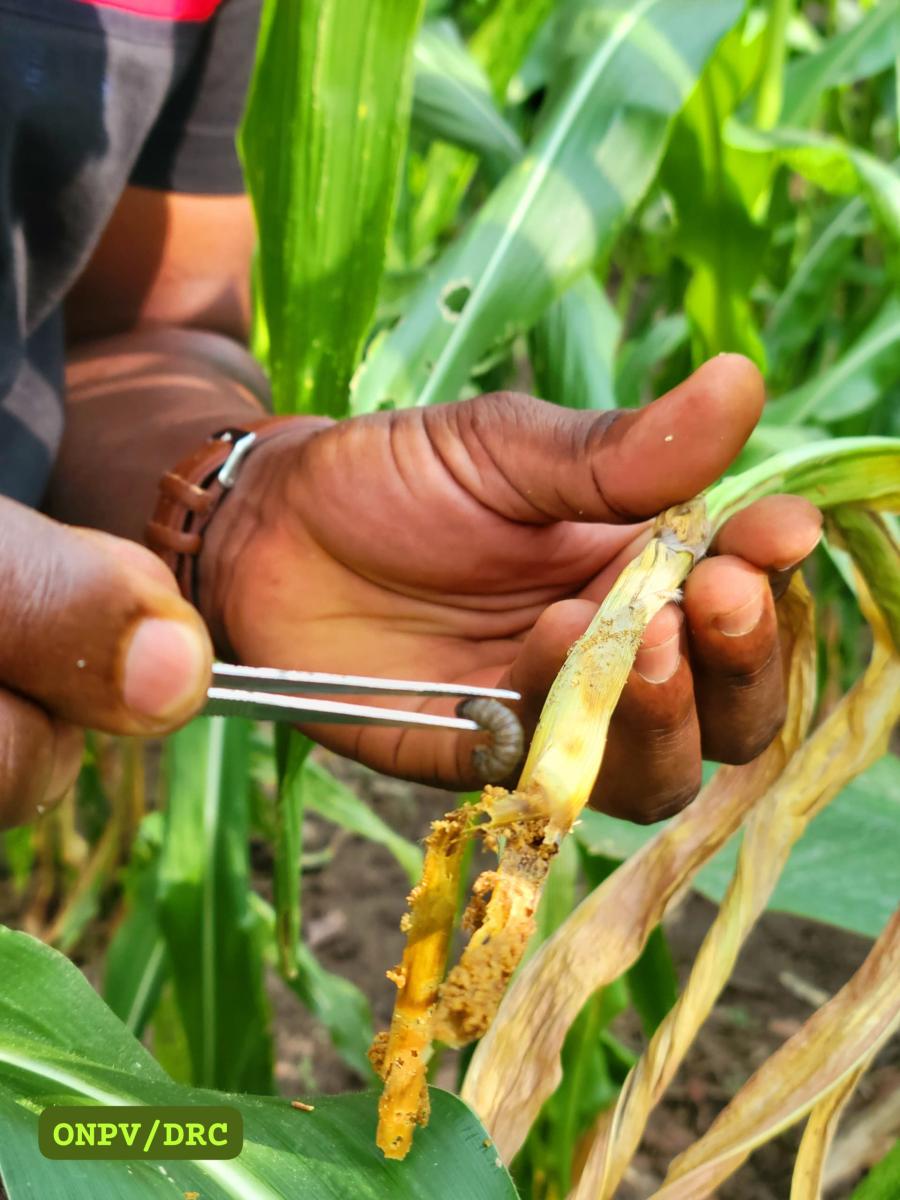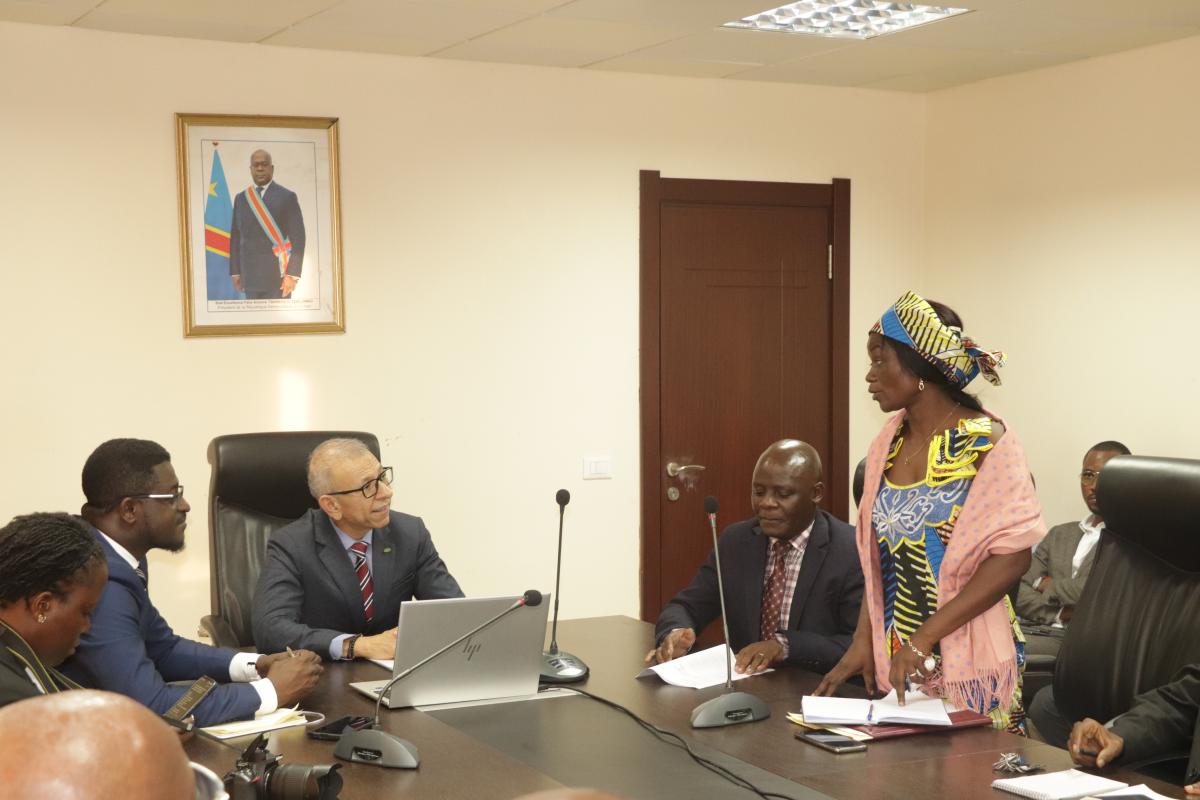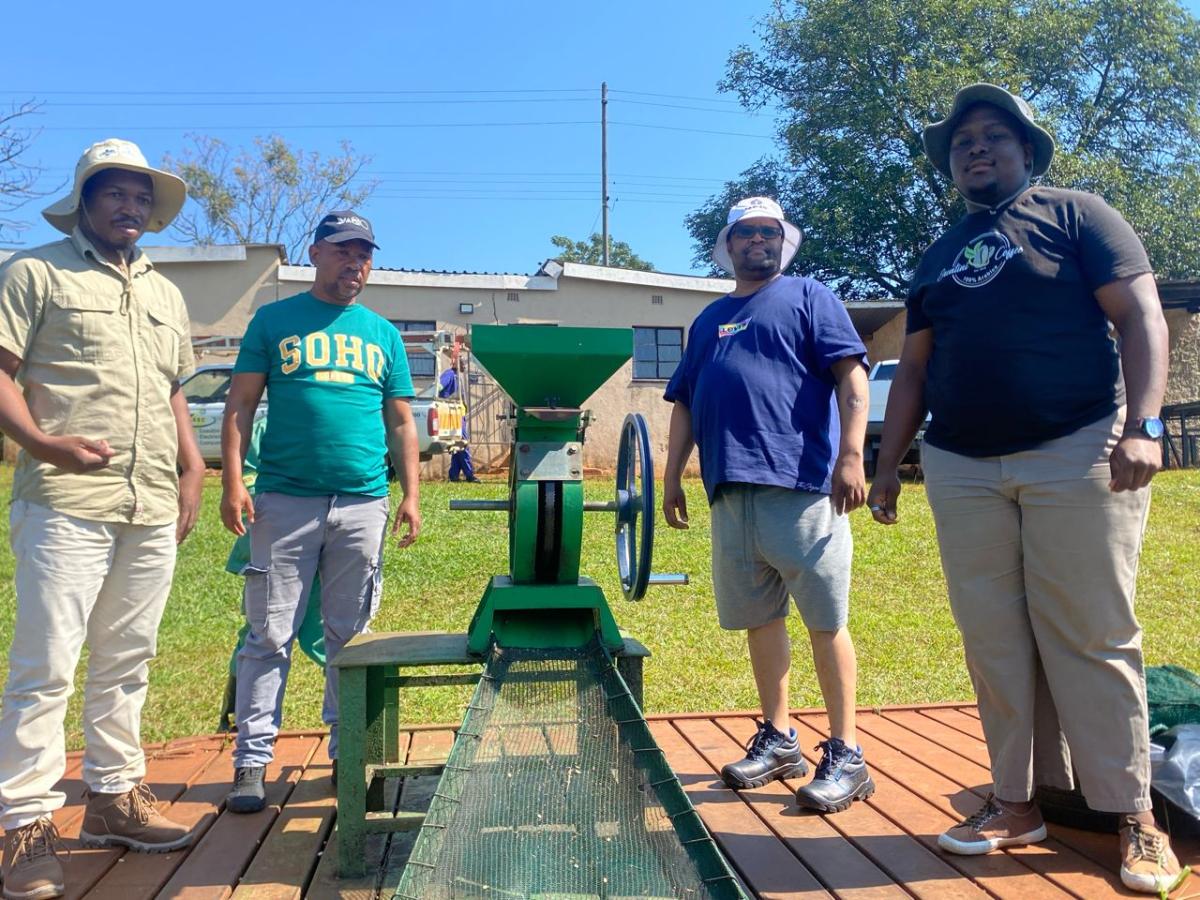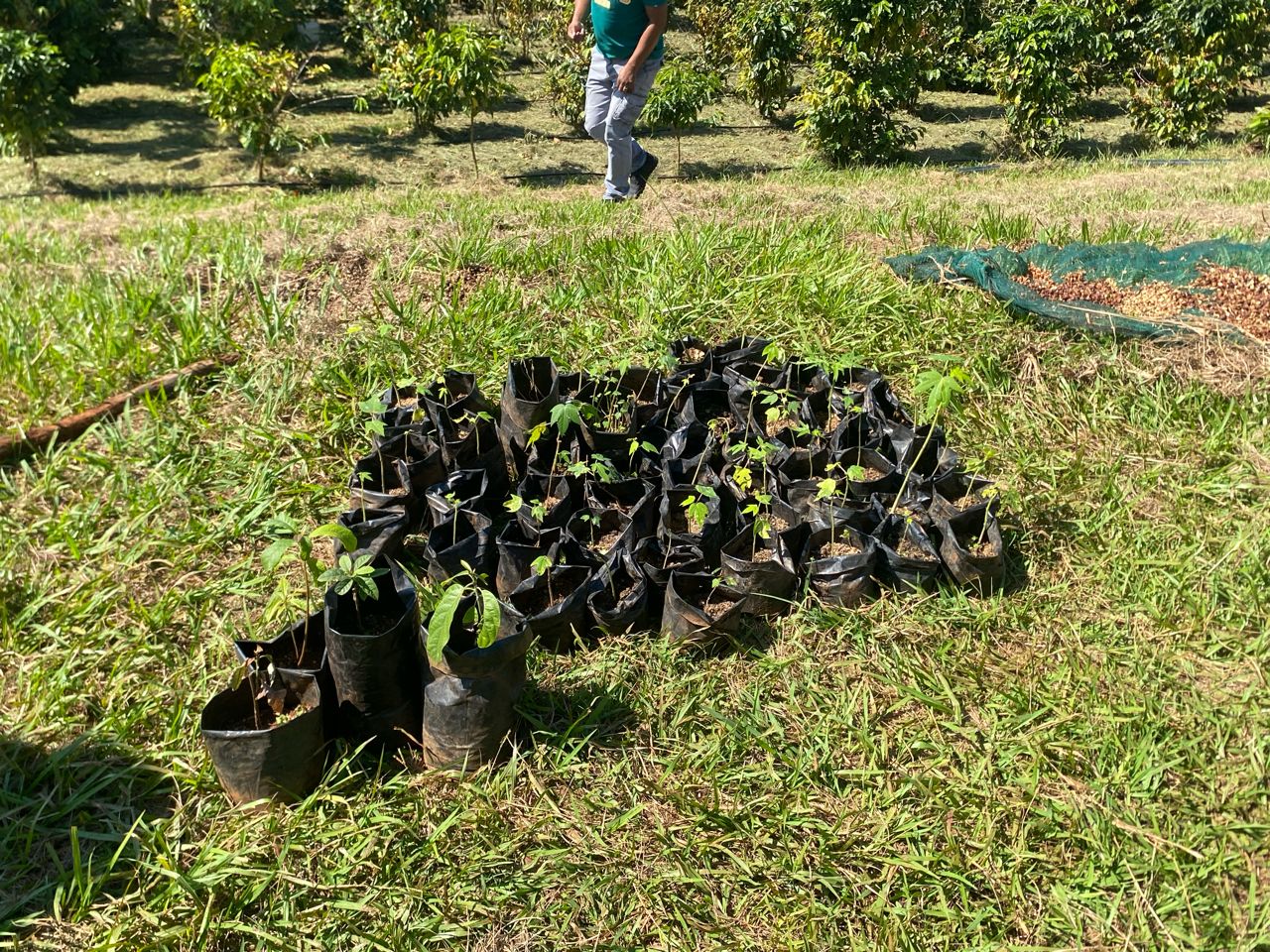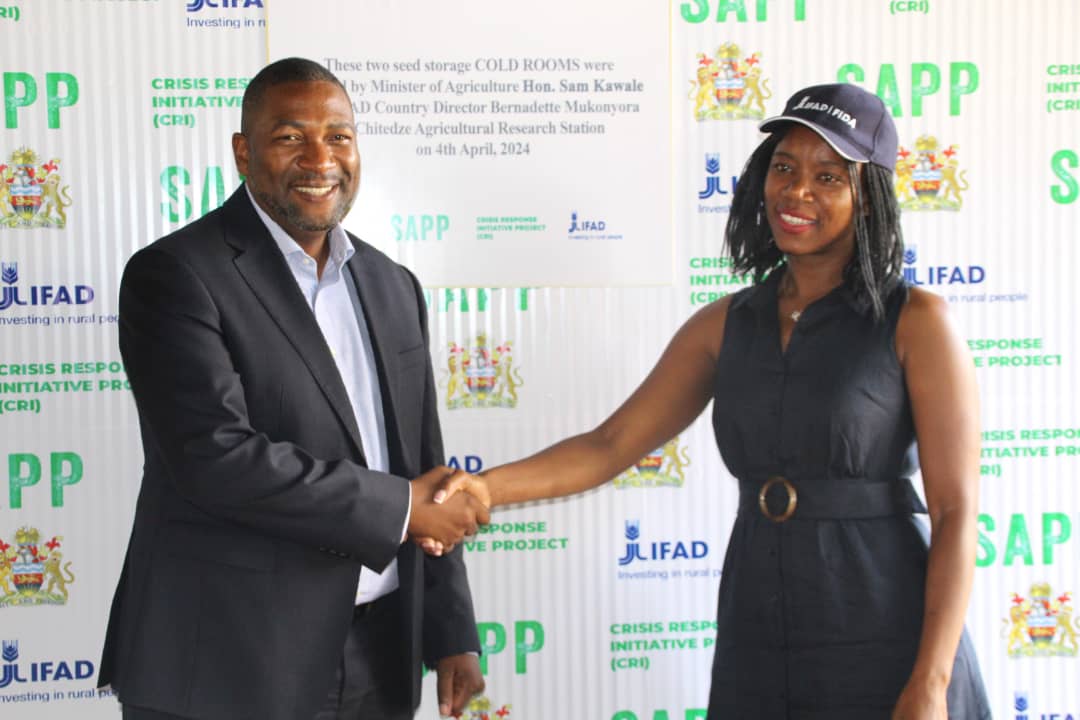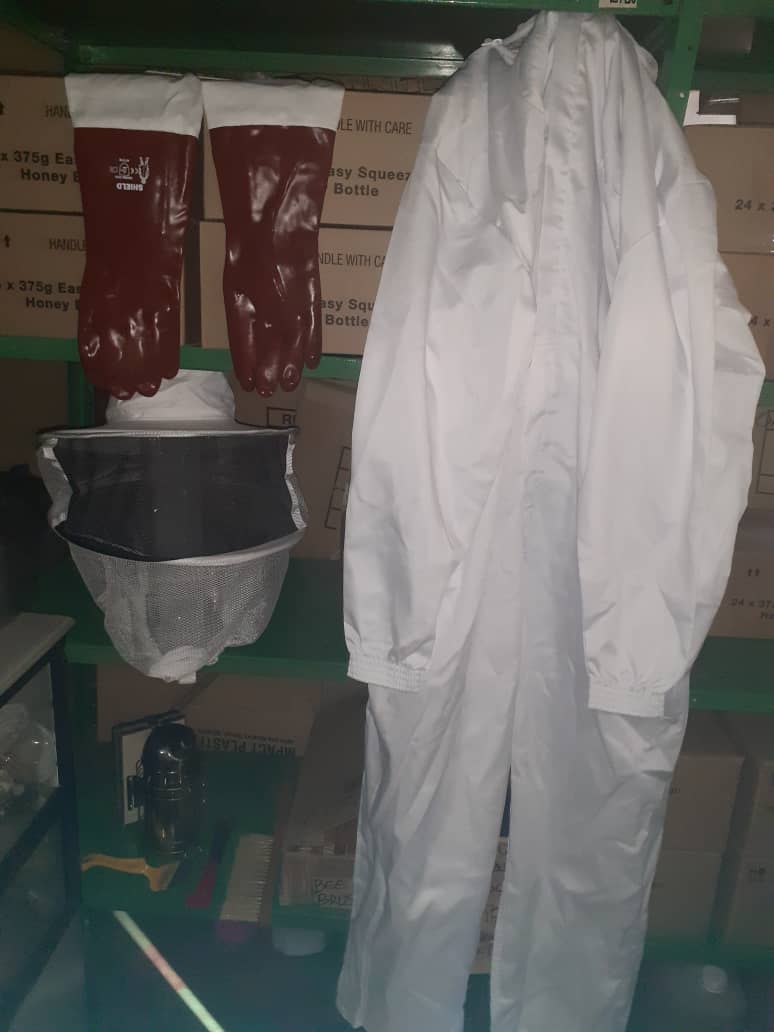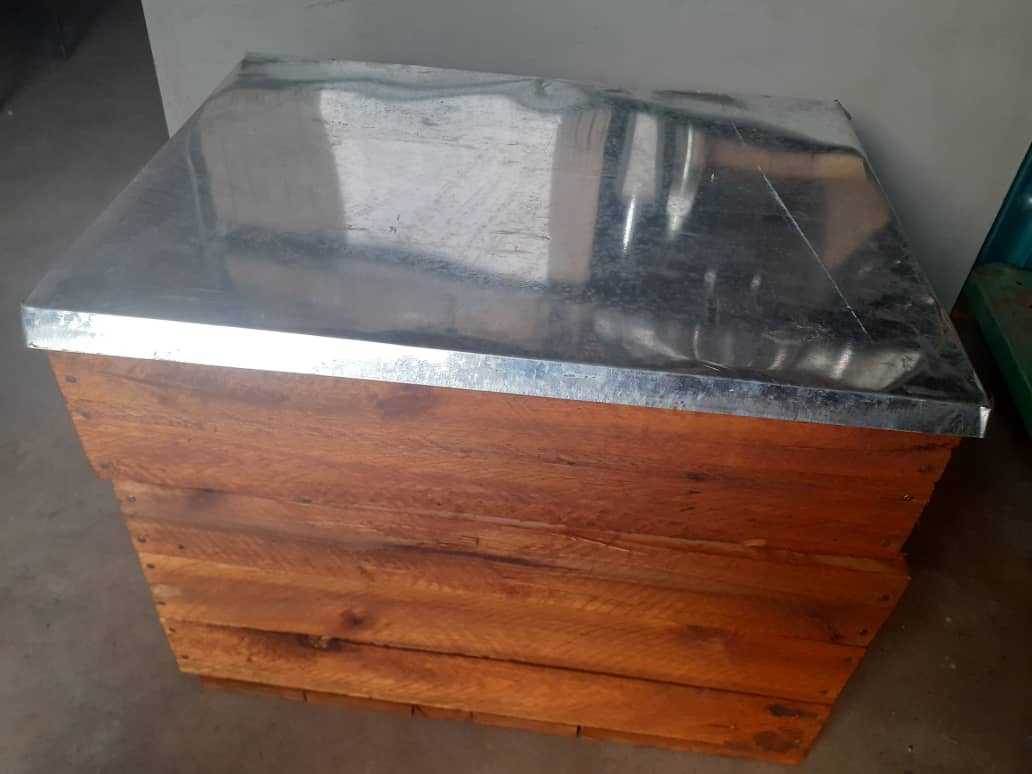Genre et Développement Rural - Enjeux, Approches et Bonnes Pratiques
Comme les femmes fournissent, en moyenne, plus de 40% de la main-d'œuvre agricole mondiale, cette monographie souligne que les femmes sont la clé du développement rural. Cet échantillon de fiches d'information traite des sujets suivants :
Brochure 1 : Genre et développement rural ;
Brochure 2 : Genre et vulgarisation agricole ;
Brochure 3 : Genre et accès à la terre ;
Brochure 4 : Genre et sécurité alimentaire et nutritionnelle ;
Brochure 5 : Genre et pêche et aquaculture ;
Brochure 6 : Genre et production animale ;
Brochure 7 : Genre et chaînes de valeur
Jeunes
Agriculture
Développement Rural
Bonnes Pratiques
Vulgarisation agricole
Accès à la Terre
Alimentation et Nutrition
Bétail
Chaîne de Valeur
Pêches et Aquaculture
GIZ-Deutsche Gesellschaft für Internationale Zusammenarbeit. 2013. Genre et développement rural: Aspects, approches et bonnes pratiques (Dossier avec 7 fiches); Brochure 1: Genre et développement rural; Brochure 2: Genre et vulgarisation agricole; Brochure 3: Genre et accès à la terre; Brochure 4: Genre et sécurité alimentaire et nutritionnelle; Brochure 5: Genre et pêche & aquaculture; Brochure 6: Genre et production animale; Brochure 7: Genre et chaînes de valeur, GIZ-Deutsche Gesellschaft für International Zusammenarbeit, Bonn et Eschborn, Allemagne


